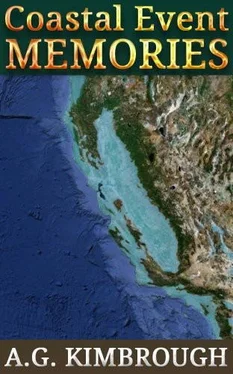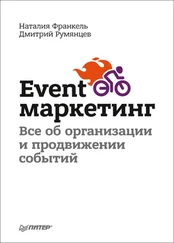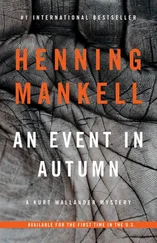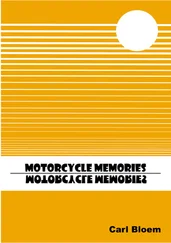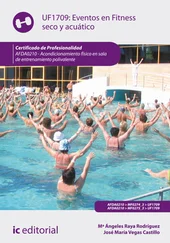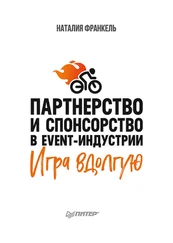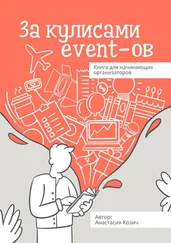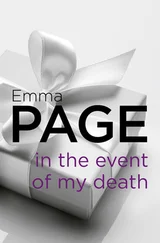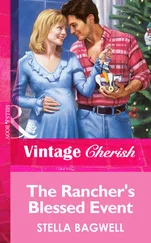David stayed with the Frombachs for two months, while Elmer recovered. He made a trip back to the casino and returned with all the useable food from the pantry. In a second trip he loaded up anything he thought would be a good barter item. The Frombachs would be OK for a while with the supplies he recovered from the casino, but they were both seniors, and physically were in no shape to do what was necessary for long-term sustainability.
He promised to come back for them as soon as he secured a safe and sustainable location for them all to live. They insisted that he take most of the bulk packaged food supplies, saying that they would not be able to use it before it spoiled. He left the shotgun, his pistol, and the ammo for them.
On Day 50 Zeke started the port engine and backed away from ledge where it had been grounded, and set the anchor. Over the next two days he made a complete inspection of his craft, including an underwater look to insure that the hull was not damaged.
With the fuel tanks still nearly full, Zeke resolved to start a survey of the Inland Sea. On Day 62, he noticed a smoke smudge on the western horizon. The next morning he pulled up to a small island. There was a building in a cutout against a hill. A tractor tire was burning at the water's edge, and behind stood three adults and a small child.
They were all desperately hungry, dirty, and overjoyed to see him. Later, after a meal and baths, Zeke sat with Hector Mendoza, his son Roberto, and daughter in-law, Maria Delgado. The child, Christopher, was Maria's son. They had taken shelter in the building, when the water started rising. They had just survived, on a case of almonds, they found in the warehouse. Hector's wife had been a diabetic, and had died on Day 23. Maria's husband had gone into town to get the insulin prescription refilled on Day 0, and had not returned.
The next morning, over coffee with Hector while Maria made breakfast, they discussed their future.
“I and my son are farmers. We have lived in this valley all our lives. If we can find a place with good dirt, we can grow plenty of food. There is a place Southeast of here that Con-Agra planted an apricot orchard on the hillside. It did not do well without the irrigation quota, but the soil is good. I hope we can find some seeds, I don't want to have to survive on apricots and wild onions.”
Zeke interrupted, “I have a wide variety of seeds for my hydroponic garden. Do you think we can find it?”
Hector replied, “It is about 30 miles Southeast of here. There are some tools and equipment that we can use in the warehouse, Roberto and I will get them aboard right after breakfast.”
Zeke was pleased to have company, and Maria's breakfast was a welcome change from what he usually threw together.
They reached their new home the next afternoon. Although the orchard was heavily damaged by the storm, Hector said that with pruning, most of the trees should recover.
Over the next six months, the garden was planted, the orchard was pruned, and a shelter was built. Zeke wanted everyone to keep living on the Flush, but Hector insisted that he wanted to have a shelter on shore. On the day it was completed, Zeke proposed to Maria.
She had dealt with her grief, and recognized that Zeke was a fine man, who loved her, and would provide for her and her son. They stayed on the Flush, and within a year, Lilly Jacoby arrived.
On Day 145, David started down the hill. When he reached Highway 49 he turned north toward Placerville. He crossed the Cosumnes River Bridge with some misgivings, since the debris on it indicated that it had been over washed. The crossing was made without difficulty.
As he crested the next hill, David saw a bedraggled figure walking along the road. As he approached, the man turned, smiled, and stuck out his thumb. He pulled along side, stopped, and said, “You look like you could really use a lift.”
“I’ve been rode hard and put away wet, as my grandpa used to say. My name’s William Landon, but most folks call me Tiny. I would appreciate a ride, but I need something to eat. I ran out of food three days ago.”
“I can help both ways, I’m David Russell.”
They made a small fire on the side of the road, made a meal of canned ham and pancakes, and got acquainted.
Tiny, was well over six feet, and a big boned man with a full beard. He was in route to a friend’s wedding in Reno on Day –1, and took shelter in a barn near Nashville. On Day 0, the barn fell down and crushed his Harley. The flood rushing out of the mountains washed away what was left of the town and he barely made it to high ground. He rode out the storm in the wreckage of a house, and started walking north when the salvaged food ran out. His family also lived in the Bay area, where he had an accounting firm.
In less than an hour, the two men developed a friendship and agreed to work together to get back home. They drove on North up Highway 49 through the wreckage of El Dorado. When they reached Diamond Springs, they found a jack-knifed tractor-trailer blocking Highway 49 at the junction of Missouri Flat Road. Spray painted on the side of the trailer was the words: Trespassers Will Be Shot!
The map showed a westbound on-ramp to Highway 50 from Missouri Flat Road, so they drove that direction. On the eastbound Highway 50 on-ramp was another will be shot message. Tiny commented, “looks like they don’t want any company.”
“I guess they had trouble with looters,” replied David.
Highway 50 eastbound was choked with wrecks and stalled cars. A few bodies were visible inside some of them. A sense of foreboding came over both men as they continued westbound.
It was near sundown when they crested the last foothill. Instead of the valley and Sacramento stretching out before them, a vast Inland Sea covered everything.
David stopped the truck, and gasped, “they’re all gone.”
Tiny opened his door and stumbled down to his knees. With tears streaming, he exclaimed, “I can’t believe it. My family, all the people, why did I survive?”
Both men sat on the ground on each side of the truck, trying to come to grips with the enormity of the situation. The day was ending when David spoke. “ With the water level this high around the world, we’ve lost the 80% of the people that live along the coast. This is truly the end of the world as we know it.”
Tiny replied. : I don’t know about you, but I almost wish I hadn’t survived.”
David stood up and said, “we can’t let our civilization collapse. Those of us left have to do what it takes to insure that the children of the survivors don’t live in the dark ages. We have to keep as much of the knowledge intact, so mankind can recover. To do that, we have to survive, and to prosper. I need you to be my partner, to help me make a difference.”
Tiny stood, and embraced his friend, and said, “Your right. We better make some supper while there is some light left. Tomorrow’s not going to be any easier.”
The next morning, they continued down the hill. As they approached the point where Highway 50 disappeared under the Inland Sea, David noticed something on a large building on the water’s edge. “That building has a big solar array on the roof. I’ll bet I can get some of it generating power.”
They took the last off ramp and approached the building. It was a Best Buy warehouse electronics store, and the building appeared intact. In the same complex was a Furniture Warehouse, also mostly intact, and a Starbucks attached to a gas station convenience store, which were wrecked. The front windows in the Furniture store had blown out and a lot of the inventory in the front of the store had water damage. The offices and warehouse in the rear of the store were intact. There was a couch in one office, which Tiny claimed. David did not blame him, since his foam pad only was for one.
Читать дальше
